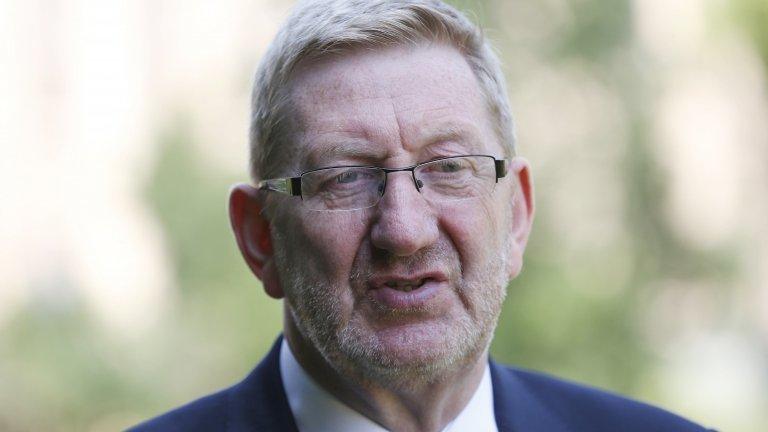Who might be the next Scottish Labour leader?
- Published
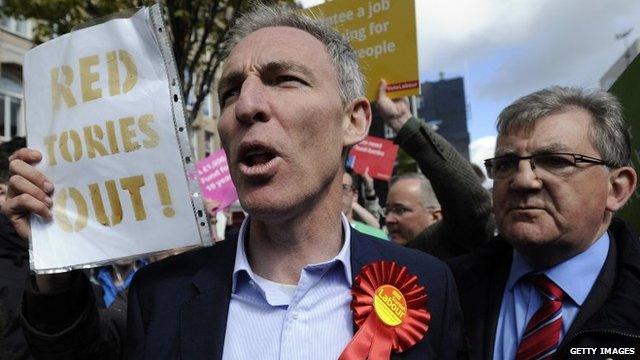
Jim Murphy will step down as Scottish Labour leader before the summer
Scottish Labour has begun the process of looking for a new leader, less than six months after it elected Jim Murphy. The winner of any contest will most likely take the party to the 2016 Holyrood election. But who might it be?

McConnell. Alexander. Gray. Lamont. Murphy.
The Scottish Labour Party has had five leaders since its Holyrood election defeat in 2007.
It will soon start the search for its sixth leader in eight years.
Jim Murphy's tenure has been the shortest of them all.
By the time he stands down next month, he will only have been in the job for six months.
That's not enough time for anyone to turn around a struggling political party.
Few would have brought as much energy to the task as Mr Murphy.
However, the scale of Labour's defeat is so monumental that it would have been difficult for him to remain as leader.
While he survived a confidence vote, by 17 for and 14 against, it was hardly a ringing endorsement.
Major unions and some MSPs have spoken publicly against him.
Elected members
As Mr Murphy said himself, his leadership would "continue to divide the party".
Scottish Labour suffered a near wipe-out at Westminster in the general election - losing 40 of its 41 seats to the SNP, including Mr Murphy's Renfrewshire East constituency.
There is an expectation that his successor will be an elected parliamentarian with a Scottish constituency - MP, MSP or Euro MP.
In effect , that means there are only 41 eligible candidates.
Under existing rules, a candidate would need to be nominated by a handful of their parliamentary colleagues from at least two different parliaments.
However, the BBC understands these rules are to be revised over the next few weeks to take account of the general election defeat.
Consideration may also be given to electing the new leader by one-member-one-vote rather than giving Labour Party members, parliamentarians and union members a third of the vote each.
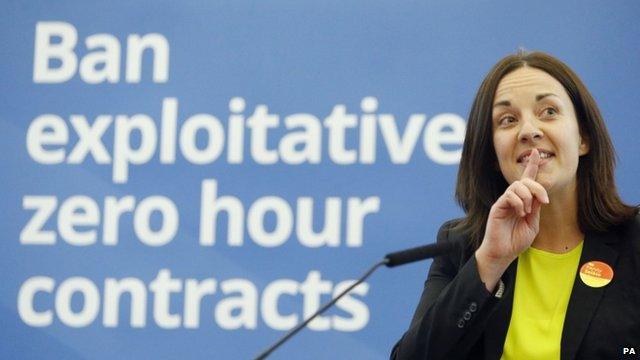
Kezia Dugdale was elected deputy leader of Scottish Labour in December last year

Sarah Boyack, Jackie Baillie and Jenny Marra are unlikely to challenge Kezia Dugdale, if she goes for the top job. But Ken Macintosh is expected to throw his hat into the ring?
Given that elections to the Scottish Parliament are less than a year away, the new leader will almost certainly be an MSP.
Neil Findlay, who stood against Mr Murphy for the leadership last time has made it "crystal clear" that he would not be a candidate.
The Campaign for Socialism - a left-wing group within the Labour movement from which Mr Findlay has previously drawn support - wants the party's deputy leader, Kezia Dugdale MSP to take charge.
The MSP who ran Mr Findlay's leadership campaign, Alex Rowley, is also backing Ms Dugdale.
As is the only Scottish Labour MP, Ian Murray, who had wanted Mr Murphy to stay.
Labour's future
One senior MSP predicted a "coronation" for Ms Dugdale, arguing that her elevation would provide stability for the party.
But the same source said it would have been better if Mr Murphy had stayed to take the hit for any setbacks Labour may suffer in next year's Holyrood vote.
The danger of leading Labour to another defeat is one reason Ms Dugdale may want to think carefully before putting her name forward.
If she does, she will not face a challenge from the party's finance spokeswoman, Jackie Baillie or the rural affairs spokeswoman, Sarah Boyack.
The BBC understands they have both ruled themselves out and that it is "very unlikely" that health spokeswoman, Jenny Marra, will be a candidate.
Labour's social justice spokesman Ken Macintosh is expected to stand.
The Eastwood MSP ran against Johann Lamont in 2011.
In a newspaper article following the general election, he urged Labour colleagues to "stop focussing on our political opponents and ask people to look again at what we stand for".
He also argued that the party must "accept that before people will see us as an alternative government we have to demonstrate we are an effective and constructive opposition".
Ms Dugdale has yet to make any comment on whether or not she'll go for the leadership.
At this stage, she appears to be the favourite for the job.
If she gets it, there's likely to be a closely fought contest to replace her as deputy leader.
In that role, she has escaped much of the blame for the 2015 defeat and still seems to be regarded as part of Scottish Labour's future rather than its past.
- Published13 May 2015
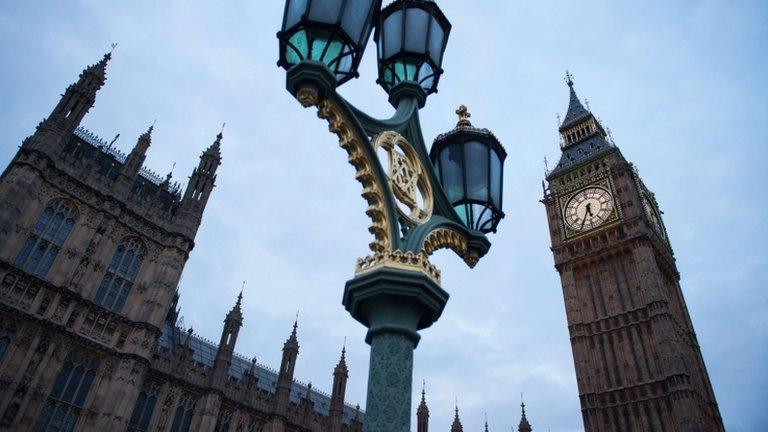
- Published16 May 2015
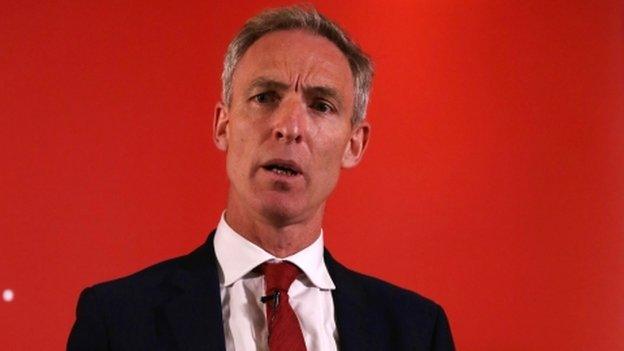
- Published16 May 2015
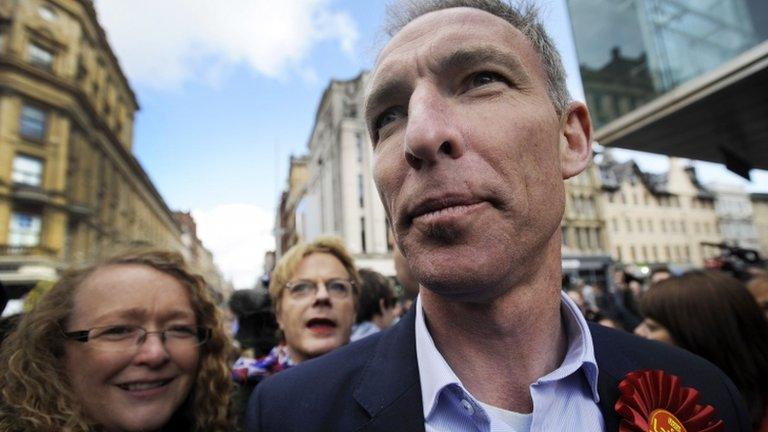
- Published17 May 2015
